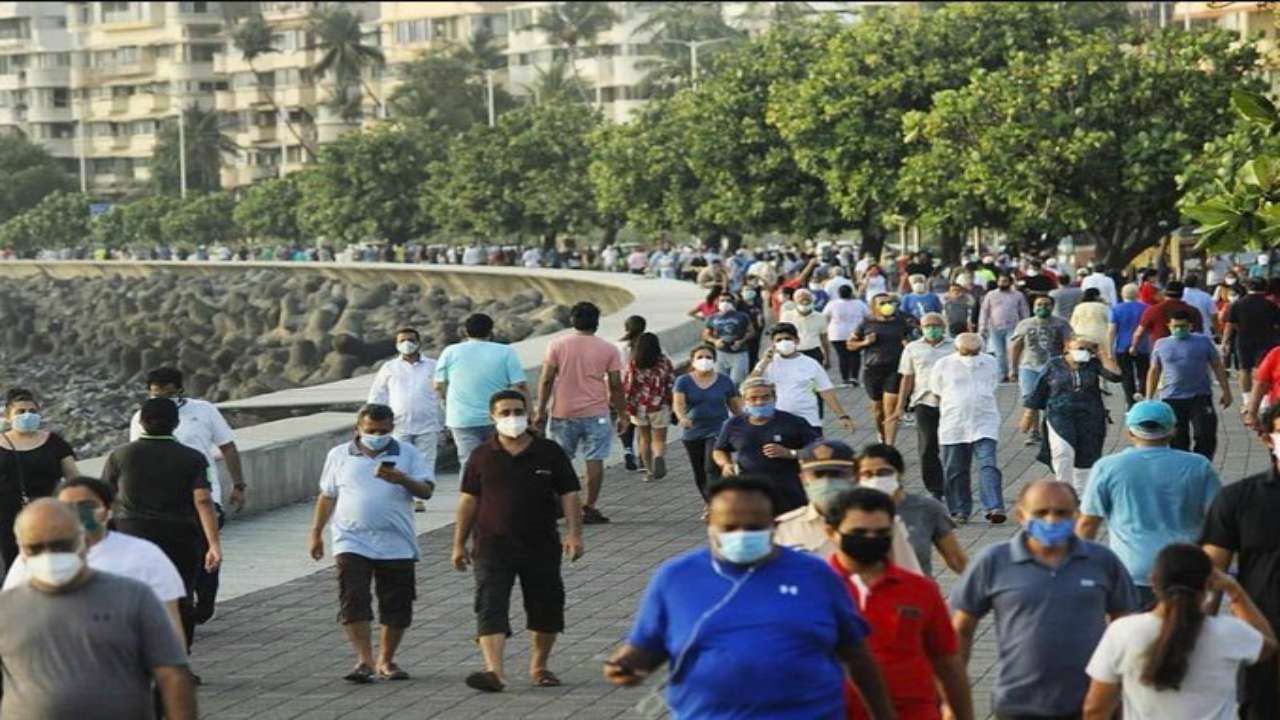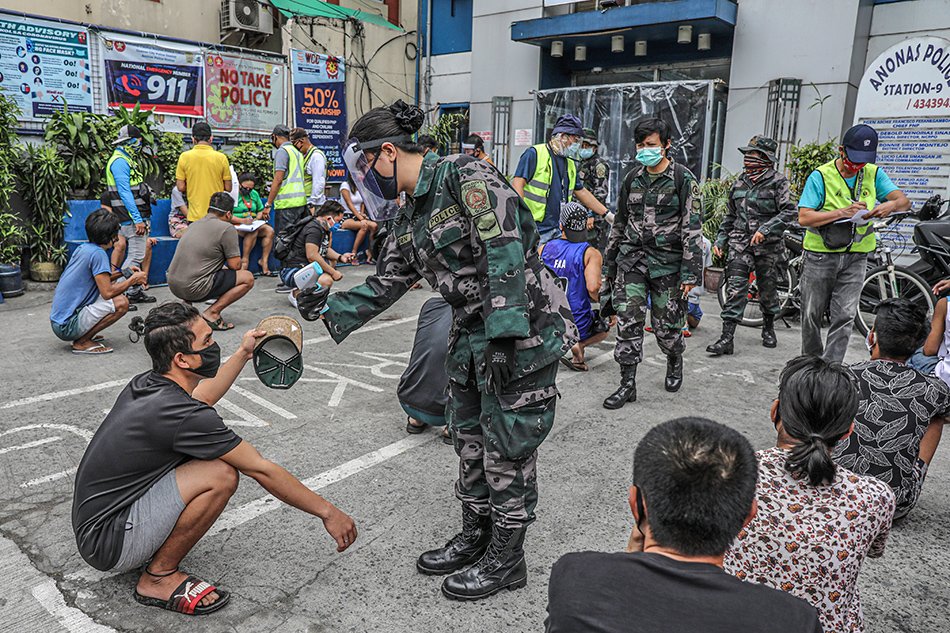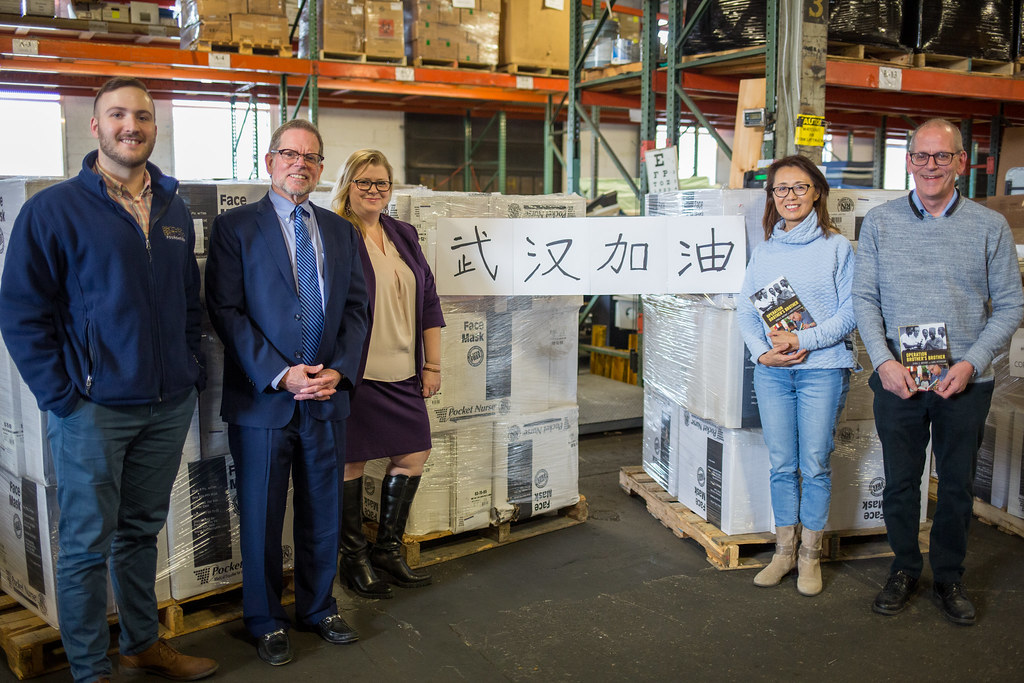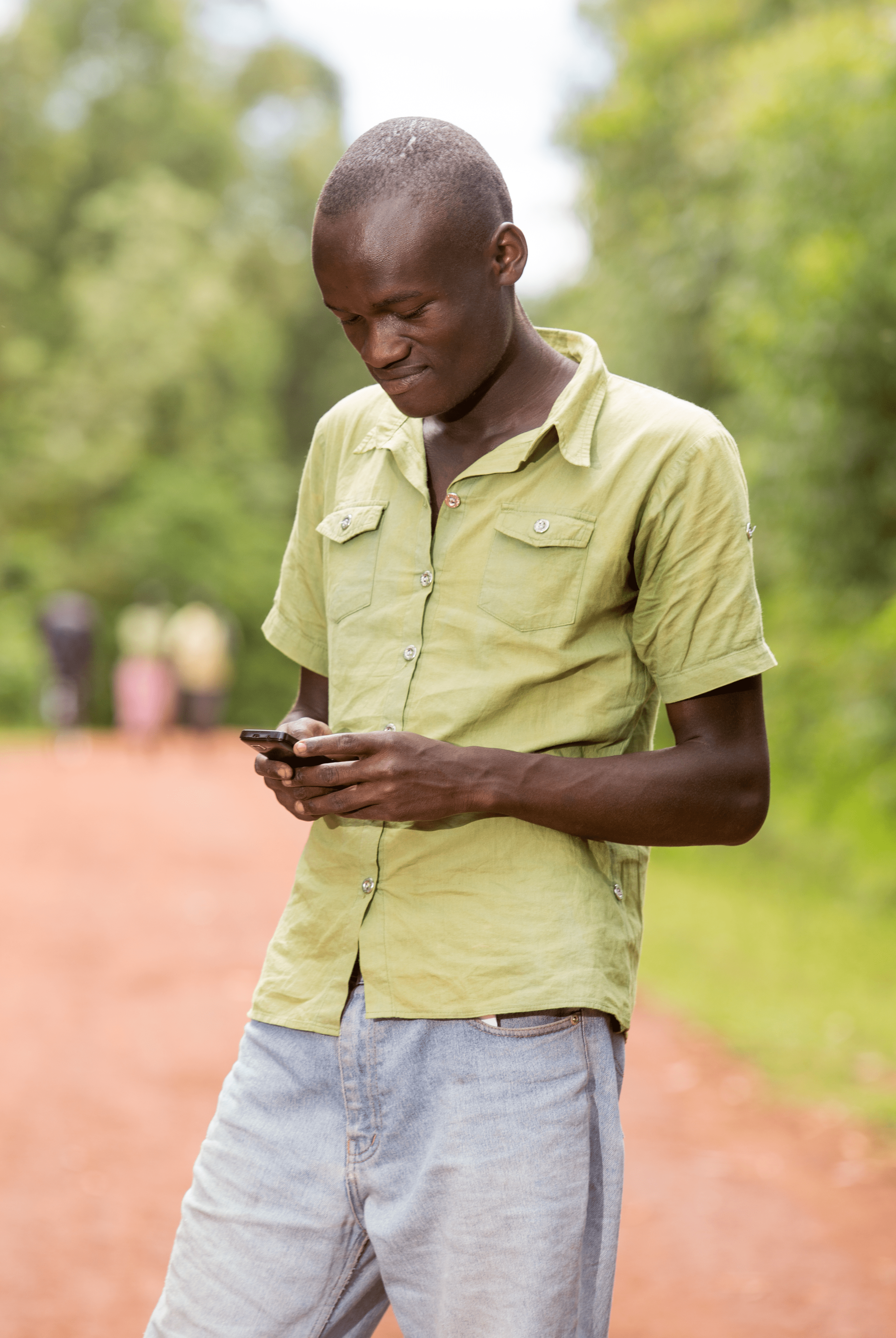If border closures are stopgaps that are costly and potentially illegal, then countries must explore additional options for dealing with infectious diseases.


If border closures are stopgaps that are costly and potentially illegal, then countries must explore additional options for dealing with infectious diseases.

Note: This post began life as an op-ed; I have amended it slightly from the version shared on Facebook to add more social scientific perspective. The United States set new single-day record for new...

This is a guest post by Manali Kumar, incoming Postdoctoral Fellow at the University of St. Gallen (Switzerland). Her research focuses on prudence in statecraft, and India’s national identities and...

This is a guest post from Hina Khalid and Ashley Fox. Hina Khalid, PhD, MPP is an Assistant Professor in the School of Humanities and Social Sciences, Information Technology University, Lahore,...

This is a guest post from Kurt Ackermann, a civil society leader in South Africa who works through urban social agriculture to strengthen community resilience in cities. He is executive manager and co-founder of The SA Urban Food & Farming Trust and an associate at the Global Risk Governance Programme at the University of Cape Town. COVID-19 in South Africa has followed a trajectory atypical of any other nation. For speculated but still uncertain reasons the country managed to flatten its curve dramatically, with one of the world’s strictest lockdowns likely to have played a major role....

This is a guest post from Sean D. Ehrlich, an Associate Professor of Political Science at Florida State University who researches international and comparative political economy, trade policy, and democratic institutions. His first book, Access Points, was published by Oxford University Press in 2011 and his second book, The Politics of Fair Trade, was published by Oxford University Press in 2018. He can be found on Twitter @SeanDEhrlich. As the coronavirus pandemic continues to rage across the European Union, the EU itself has been relatively inactive, leaving it up to the member states to...

This is a guest post from Andrew Yeo, who is an Associate Professor of Politics at The Catholic University of America in Washington DC and a Fulbright Visiting Research Fellow in the Department of Political Science at the University of the Philippines Diliman. His most recent books include Asia’s Regional Architecture: Alliances and Institutions in the Pacific Century and North Korean Human Rights: Activists and Networks (with Danielle Chubb). As a US scholar on research leave in Manila, I’ve been following the COVID-19 response in both the Philippines and the United States...

This is a guest post from Annick T.R. Wibben is Anna Lindh Professor of Gender, Peace & Security at the Swedish Defence University. Her research straddles critical security and military studies, peace studies, international theory, and feminist international relations. Her books include Feminist Security Studies: A Narrative Approach (Routledge, 2011), Researching War: Feminist Methods, Ethics & Politics (Routledge, 2016), and Teaching Peace and War: Pedagogy and Curricula with Amanda Donahoe (Routledge, 2019). The effects of COVID-19 are invariably exacerbated by existing...

This is a guest post from Jiun Bang, PhD (University of Southern California, political science and international relations), currently a visiting scholar at the Korean Studies Institute at USC. In the midst of the coronavirus outbreak, cities have been making the news, from the harrowing daily struggles of New York City with COVID-19 to President Trump’s erroneous estimate of Seoul’s population of ‘38 million’ [more like just shy of 10 million]. I happened to listen to Dr. Robert T. Yanagisawa, MD and Professor of Medicine at the Icahn School of Medicine at Mount Sinai and Co-Director...

Last month, Sofia Fenner wrote a terrific post for us on comparative responses to COVID19, focusing on regime type, state capacity, leadership, and civil society response.Mark Leon Goldberg interviewed her for UN Dispatch to talk about the piece and further reflections. Embedded below.

This is a guest post from Eric Van Rythoven (PhD) who teaches International Relations and Foreign Policy at Carleton University, Canada. His work has been published in Security Dialogue, European Journal of International Relations, and Journal of Global Security Studies, among others. He is the editor (with Mira Sucharov) of Methodology and Emotion in International Politics: Parsing the Passions (Routledge, 2019). As governments around the world grapple with the Covid-19 crisis several are reaching for the metaphor of war to convey the urgency and gravity surrounding the pandemic. ...

This is a guest post from Ben Bellows, PhD (UC Berkeley, epidemiology), currently a researcher at the Population Council in Washington DC and a co-founder and the Chief Business Officer at Nivi Inc., a digital health company empowering consumers in emerging markets. Nivi is supporting the COVID-19 response here. Background: the problem Disease outbreaks are as much a social phenomenon as a biological one. Rumor, innuendo, and public sentiment drive disease transmission dynamics. Covid-19 is no different; the fact checking website, Snopes.com, has a dedicated “covid-19” tag to run the...